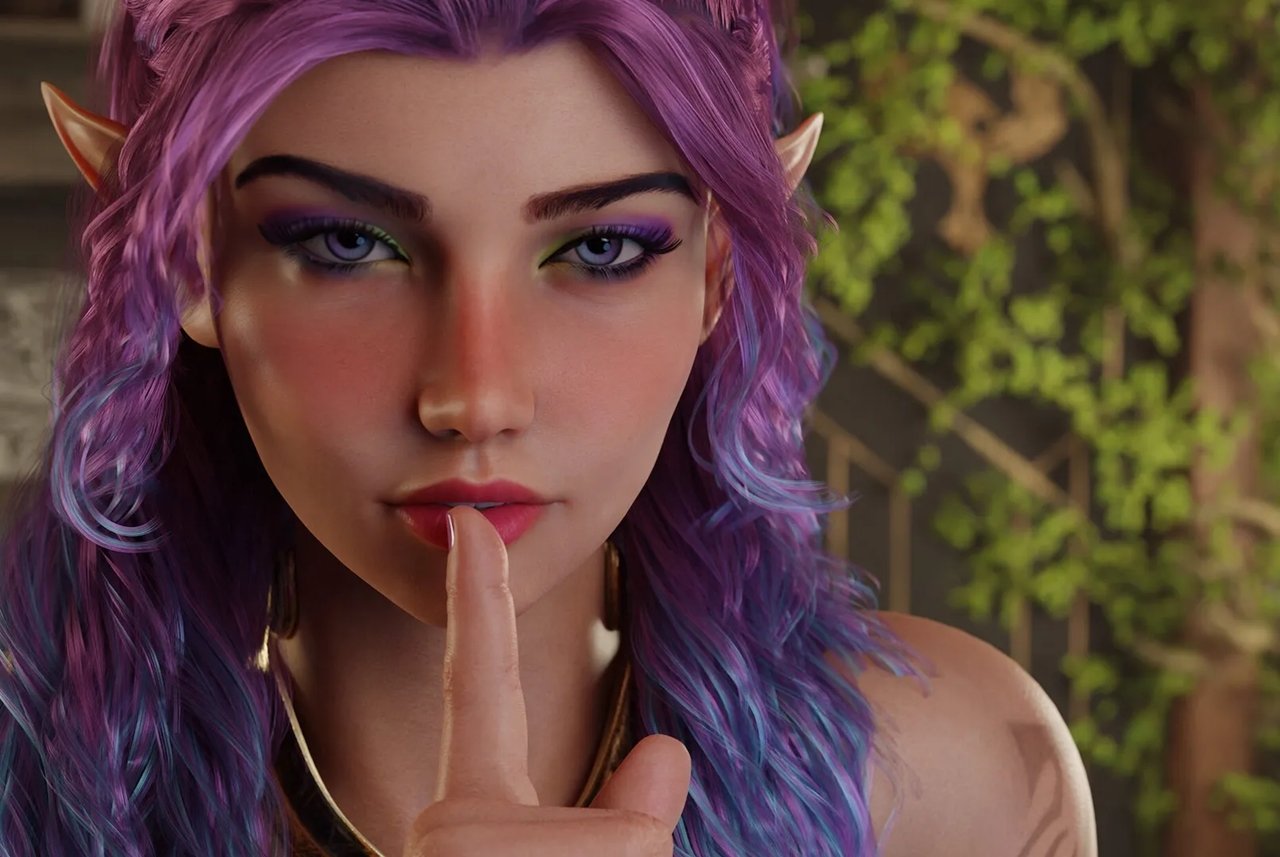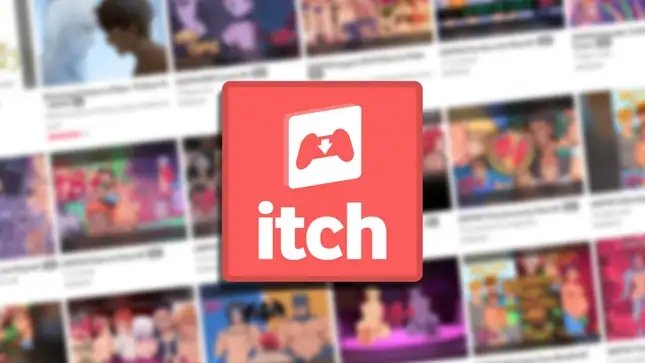
Once celebrated as a haven for indie developers and creators of all stripes, Itch.io has now bowed to pressure from financial giants, becoming the latest platform to scale back support for adult-oriented games. Just a week after Valve removed adult content from its popular Steam platform, Itch.io confirmed that it too would be deindexing NSFW (Not Safe For Work) titles from its search and browsing features. While not a full ban, the move significantly limits the visibility and reach of these games.
This change marks a major shift for Itch.io, which has traditionally embraced a liberal stance toward user-generated content, including sexually explicit games. But according to Leaf Corcoran, the platform’s CEO, the decision was not voluntary. It was driven by increasing demands from credit card networks Visa and Mastercard, whose influence over digital payments has grown to such an extent that they can now dictate what kind of content is deemed acceptable.
“We’re responding to requests from payment processors,” Corcoran said. “Our hands are tied.”
While developers of adult content won’t be kicked off the platform outright, their creations will no longer be promoted or made easily discoverable. The platform has begun a systematic audit of its entire game library, with the goal of aligning with the evolving content policies of its payment partners. Once the review is complete, stricter guidelines will be announced, particularly for future game submissions.
The situation escalated after the controversy surrounding No Mercy, a game released by Zerat Games. The title sparked outrage earlier this year for allegedly simulating sexual violence and incest—topics that have long hovered near the edge of digital acceptability but are now being decisively pushed out. No Mercy was removed from Itch.io in April 2025, but the incident triggered broader scrutiny of the platform’s entire NSFW catalog.
Zerat Games defended its work as “fictional fantasy common on the Internet,” but the backlash was swift and unrelenting. The removal of No Mercy became a lightning rod for debate on creative freedom versus moral responsibility in digital spaces.
That debate has now spilled over into the world of financial infrastructure. While many users see platforms like Itch.io as independent and artist-friendly, their dependence on third-party services like payment processors reveals a complex reality: no digital marketplace truly operates in a vacuum.
Visa and Mastercard are not new to this kind of influence. Over the past few years, both companies have quietly but firmly shaped how content is distributed online—whether on adult content websites, crowdfunding platforms, or digital storefronts like Itch.io. In the past, these companies have frozen transactions for certain categories of content, citing concerns about legality or public backlash.
Valve, too, is no stranger to controversy. In 2014, it temporarily removed the ultraviolent game Hatred from its Steam Greenlight platform due to community backlash, only to reinstate it later. More recently, it has been ramping up enforcement on adult content, culminating in the sweeping removal of NSFW games earlier this month.
For small developers who depend on niche platforms to reach audiences, these shifts are alarming. Many adult game creators view the recent moves as a form of indirect censorship—not imposed by government regulators or platform owners, but by financial institutions that wield silent power.
“It’s disappointing,” said one anonymous game developer. “We thought Itch.io was a safe space for all kinds of creators. Now even that seems to be changing.”
Some developers are exploring alternative payment options, including cryptocurrencies and decentralized platforms, but these come with their own risks and limitations. Others are simply considering walking away from game development altogether.
Meanwhile, Corcoran emphasized that Itch.io remains committed to supporting indie creators within the bounds of its operational limitations. He acknowledged that the situation evolved too quickly for the platform to give prior notice to all affected developers, many of whom only discovered the change after their games became harder to find.
“We’re working to ensure that we can continue to operate while supporting as many creators as possible,” he said. “But we must also comply with the legal and financial realities we face.”
The clash between creative freedom and financial regulation is hardly new, but it’s becoming increasingly visible in the digital entertainment sector. In the past, battles over content often played out in public forums—through lawsuits, protests, or platform policies. Today, they’re fought behind the scenes, with quiet but far-reaching decisions made by companies whose names never appear on a game’s title screen.
In this evolving landscape, developers and players alike are being forced to reckon with a difficult truth: freedom of expression in digital media is ultimately shaped not just by platforms or creators, but by the invisible architecture of global finance.
As the audit continues and new policies are rolled out, Itch.io’s future as a bastion of creative experimentation hangs in the balance. For now, NSFW games remain on the platform, technically available but buried behind layers of obscurity—out of sight, if not yet entirely out of mind.

